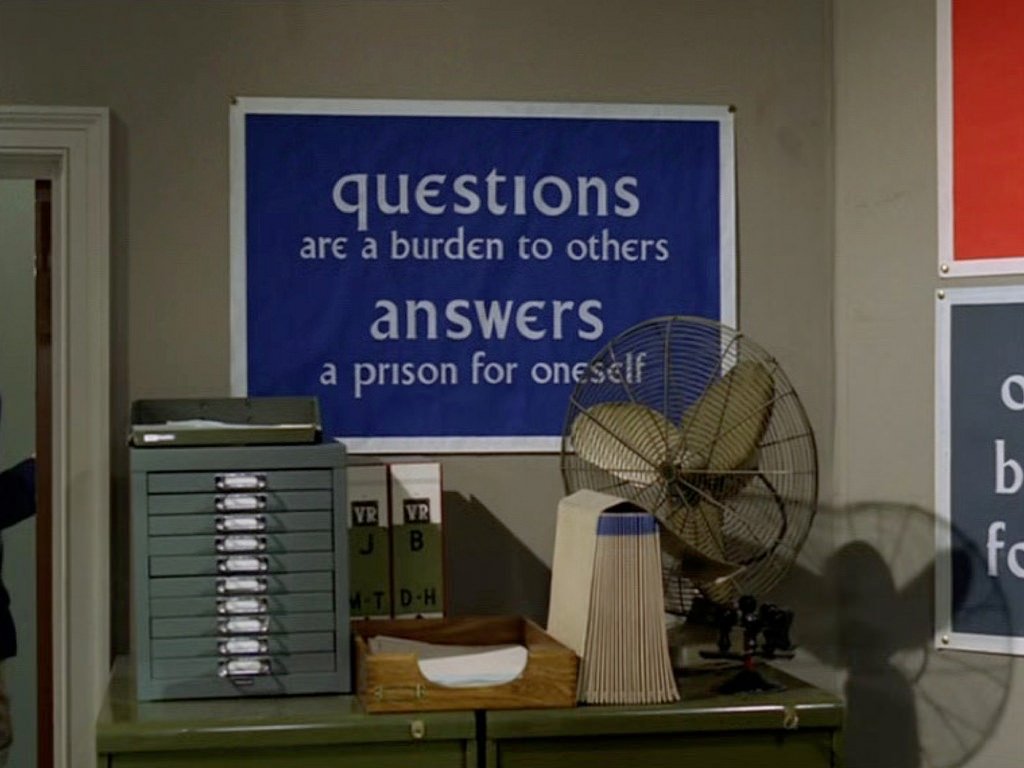It was the day Twitter decided to increase its character count from 140 to 280.
A huge difference.
Very often I get asked - why don't you write a long piece on your blog and link it on twitter?
Such questions betray a total ignorance of the potentialities of the "twitter thread"
a) Disintermediation - Threads let you reach out to your audience directly. You don't have to be chummy with editors, nor be "mainstream" enough to be considered for "publication".
That brings us to b)
There is a tendency to "rate" articles as good or bad, which is misplaced. There is no piece of writing that is wholly good or wholly bad
Twitter threads exploit this truth
So you know exactly which line worked. And which line did not.
This naturally creates a bias in the "established" literary / journalistic scene against "inconsistent brilliance"
Sure, you can ask some famous people to read your "blogpost" on twitter. But they wont waste their valuable time reading your post
So twitter threads hold people's attention, where one elicits feedback on specific ideas as opposed to the whole article
Sometimes a paragraph contains 3-4 different , unrelated ideas. Sometimes they just contain a lot of "filler" sentences.
You know whether your "thread" is working or not, within a few minutes of writing it. Sometimes even during the composition of the thread.
Twitter threads reward / punish you quickly, as opposed to a blogpost / magazine piece, where you never quite get genuine feedback. Atleast not on specific ideas
The coming months will give us a sense of how this new literary genre will shape the world of ideas.
It is as momentous an occasion as the emergence of the novel in the early 1700s





